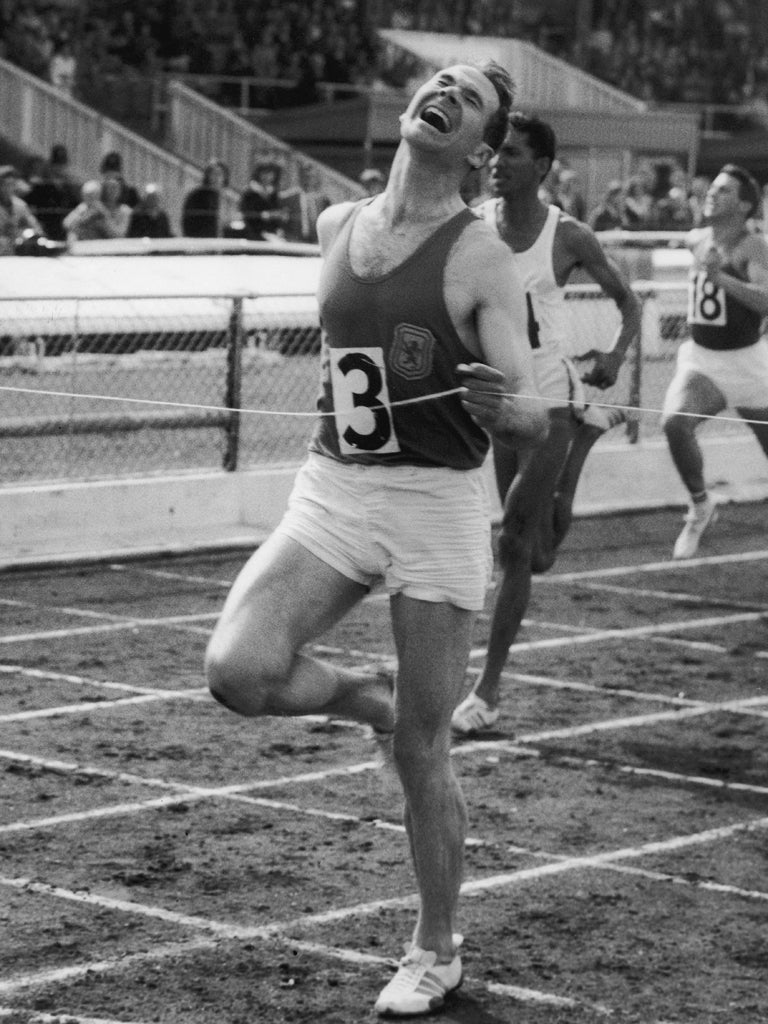Menzies Campbell: I am proud to be Scottish. And British. And European
The Lib Dem MP says the Union is worth defending – and he is looking forward to it

I was born in Scotland, went to school and university in Scotland, practised law in Scotland, have always lived in Scotland, and for nearly 25 years have represented a Scottish constituency. I state these qualifications, for it has become commonplace in Scotland to assert that those who do not support independence are unpatriotic. Last week, for example, a member of the Scottish Parliament refused to withdraw the insulting claim that political parties which opposed independence were "anti-Scottish".
But it is my patriotism that drives my opposition to independence. With independence, we will diminish ourselves and Scotland. We will give up the benefits of a union which has lasted 300 years, which has served Scotland well, and which Scotland has served well. We have maintained our own legal system, our own church and our own traditions. We have even kept our own football team's right to play in the World Cup. And in return we have had access to the influence and economic benefits of a single UK market. We have enjoyed the political stability of a constitutional settlement and system that has been the envy of the rest of the world. We have had influence in international institutions and affairs far beyond any country of Scotland's size.
Without borders, we have enjoyed limitless opportunities and ambitions. Apart from sporting clashes at Twickenham and Hampden, we have been at peace with the rest of the United Kingdom since the last convulsion of Jacobitism in 1745. The economies of the four Home Nations have been integrated to the advantage of all of them.
Scottish men and women have prospered on the wider stage of the United Kingdom in every field. And most recently, when the twin pillars of Scotland's prudent financial reputation, the Royal Bank of Scotland and the Bank of Scotland, shook under the weight of financial crisis, the strength of the UK kept them from collapse. But much of the benefit we have enjoyed and continue to enjoy is intangible, a sense of shared values, of mutual respect, of friendly rivalry and common responsibility.
Has it been perfect? Of course it has not. But it has been infinitely better than anything else we could have achieved on our own. If we want to take more responsibility for our own affairs, we can do so just as Wales and Northern Ireland are doing. We can resolve the West Lothian (and West Wales and West Belfast!) Question without fracturing the Union. Allegiance need not be monolithic. At Murrayfield, I shout for Scotland, at the Oval, for England, and for Europe wherever the Ryder Cup is held. We are citizens of the world. We don't need to retreat to an independent Scotland to feel a sense of identity.
The putative date of autumn 2014 for a referendum to decide Scotland's future is said by the Nationalists to be necessary so that we can have a proper debate. The saturation coverage of the past week is indicative of what will fill studios and dominate newspapers and social media for the next 1,000 days. But what have we had since the referendum of 1979, when the Scots failed to clear an artificial hurdle imposed by diehard opponents of the modest devolution package offered by the Callaghan government in its death throes?
In Scotland, every UK election, every election to the Scottish Parliament (and the periods in between) have consumed more time and space on the issue of Scotland's future than any other subject. If the next 30 months or so are anything like last week, doctors' surgeries will be filled with patients complaining of referendum fatigue. The tone of the public debate will tell us all we need to know about the kind of Scotland that might emerge after the referendum, whatever the outcome.
Two hundred years ago, Scotland was bathed in critical acclaim as the cradle of the Enlightenment. Am I "anti-Scottish" to believe what happened at that time in Edinburgh (which earned the description of the Athens of the North) had much more influence on ourselves, the world and our reputation than the bloody battle of Bannockburn in 1314? A debate about Scotland's future that scaled the rational, cultural and philosophical heights of the Enlightenment – now that would be something to commemorate in a referendum.

Join our commenting forum
Join thought-provoking conversations, follow other Independent readers and see their replies